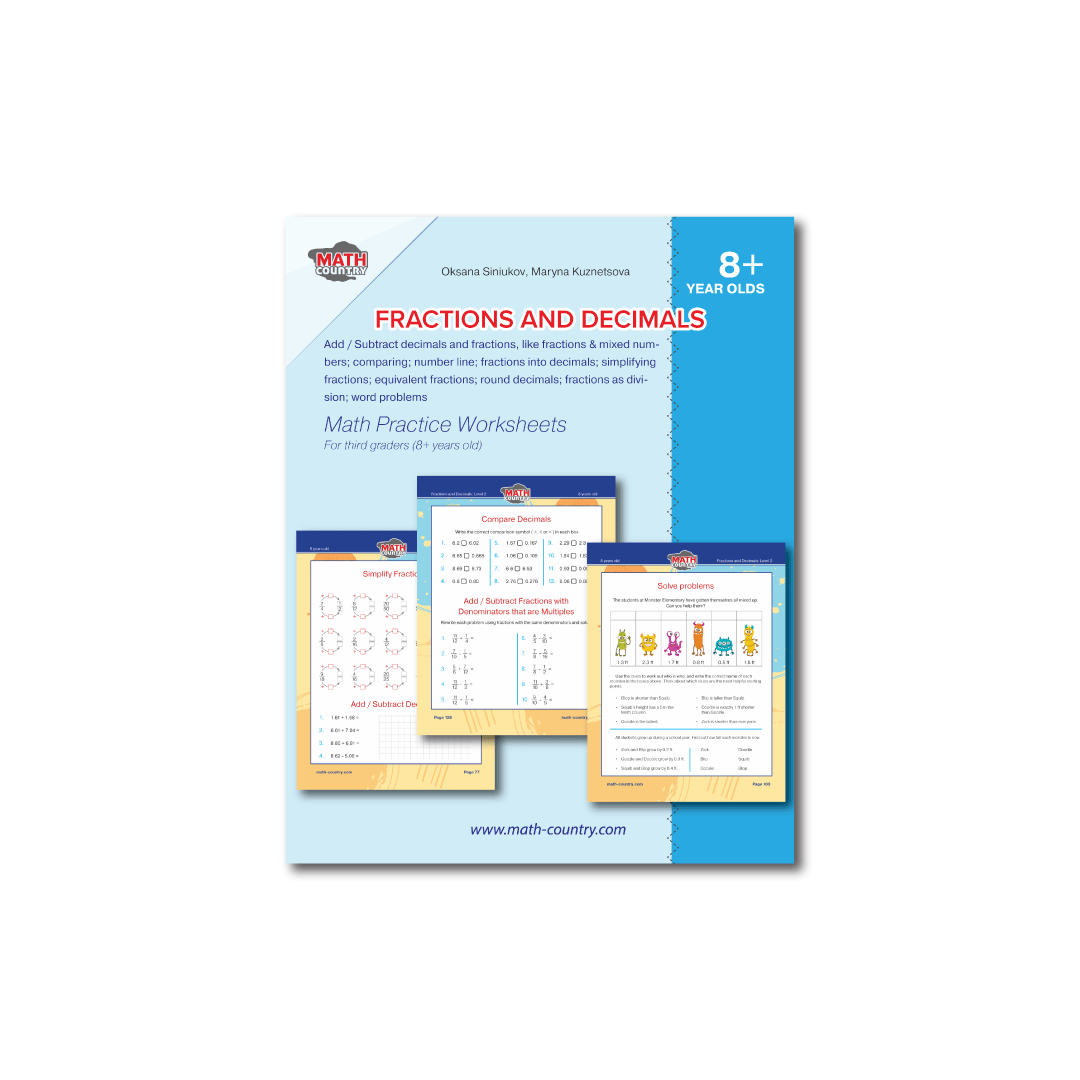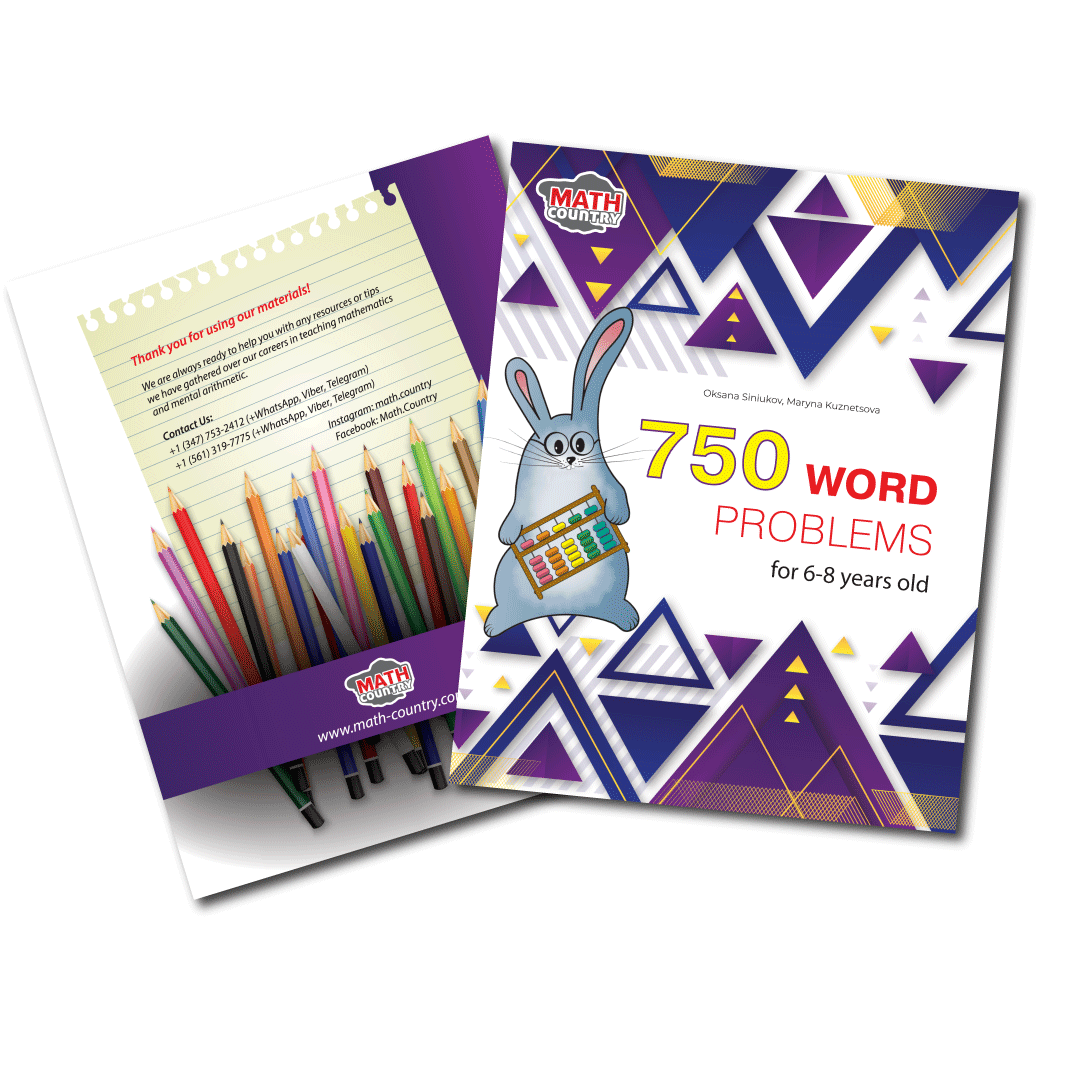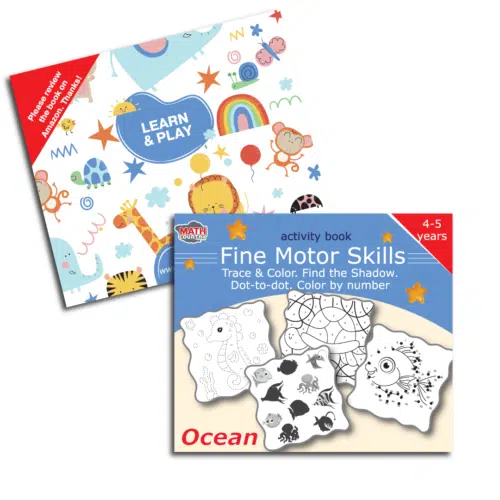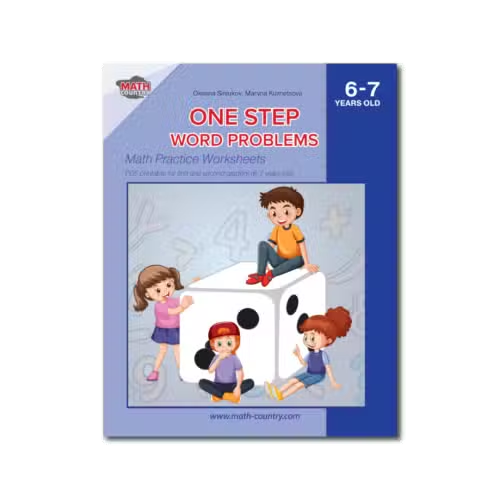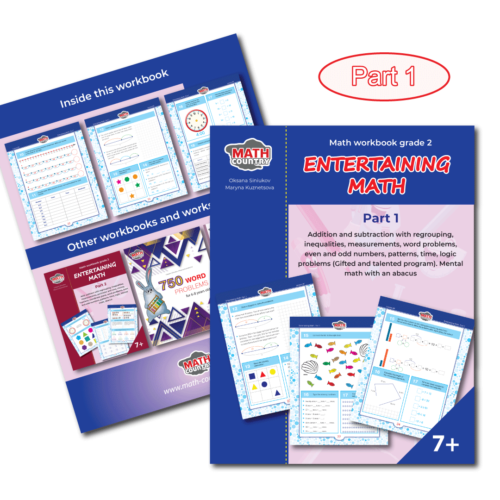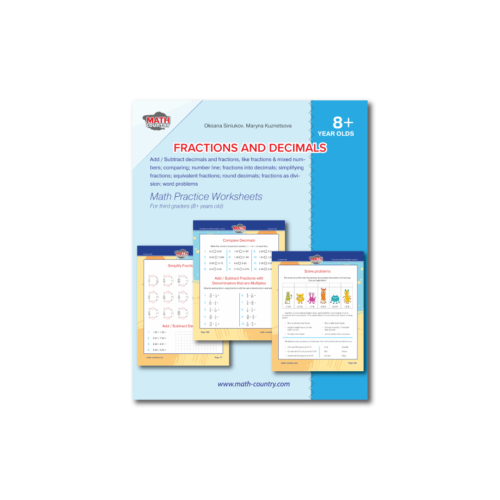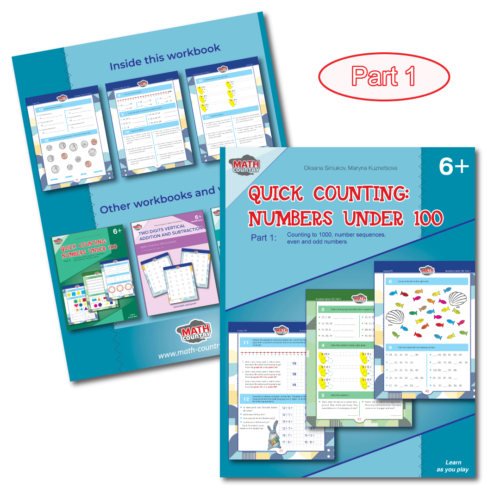Author
Math Country
Share
Author
Math Country
Share
Children often have trouble self-assessing, so we, as parents, should help develop this skill. Why is self-assessment so important in children? The research shows how important this skill is for students.
Each parent is probably familiar with the following situations:
1. – How did you do on your test?
– I don’t know, there are no results yet.
2. Is your room clean?
– I think so.
3. – Are you ready for tomorrow’s exam?
– I’m not sure, I think so.
The biggest problem is not that children cannot predict the result correctly; the problem is that they do not even try. They are so used to being judged by someone else that they do not bother doing it themselves. And we are talking about teens, not 5-6-year-olds.
Self-assessment is one of the crucial skills that all successful people need to develop. It is impossible to fix something or improve if someone does not analyze their mistakes. There are many examples when people cannot fully control their bodies; however, it still does not stop them from improving (Stephen Hawking, Helen Keller, Franklin D. Roosevelt, Christopher Reeve, Esther Vergeer, etc.)
It is very unlikely that you’ll use a doctor who cannot predict the result of treatment, or a furniture maker, who does not know if the chair will fall apart or not.
What can we do to develop self-assessment skill in children?
The first and most challenging part is to stop controlling a child’s every step. There is no doubt we as parents know how to do something right or better because we’ve been there, done that. But our children must make their own mistakes and learn from them. When children learn to walk, we do not try to walk for them. We allow them to fall as many times as they need to get to the point where they can easily use this skill.
It is the same thing here: let children learn while they are little from small and controllable mistakes that are easy to fix instead of waiting for some unpredictable situation you do not know what to do with.
Second, do not immediately point out a mistake. Give the child a chance to find and fix it. Help them to find a solution, but do not give them a ready-to-use answer. Ask the child what he could do to prevent this mistake.
Third, be patient. Self-assessment (do not confuse this with self-esteem) is not a skill that can be mastered in several months. It usually takes years to develop. But we are confident that the results are well worth it.
Stay in the loop

